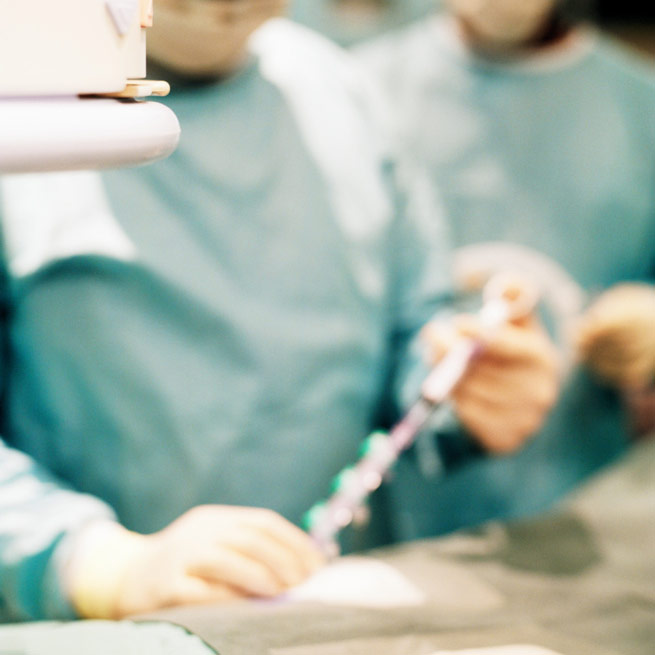WEDNESDAY, Nov. 30, 2016 (HealthDay News) — Fewer Americans are struggling to pay medical bills now than five years ago, a new government report shows.
The number of people in families having problems paying medical bills fell by nearly 13 million from 2011 through the first six months of 2016, according to the report released Wednesday by U.S. National Centers for Health Statistics (NCHS).
During that period, 17.8 million fewer people were uninsured, although the report doesn’t explore why fewer folks reported problems with medical bills.
But public health researchers say expanded health insurance coverage under the Affordable Care Act (ACA) — also known as Obamacare — and an improving economy likely eased the pain.
Those helped most by the health law are the poorest, those making less than 150 percent of the poverty level, said Kristin Baughman. She is an associate professor of family and community medicine at Northeast Ohio Medical University.
Under federal guidelines, a person earning 150 percent of the poverty level would make $17,820 a year.
“They are given the lowest, most affordable premiums or are eligible for the expanded Medicaid program in some states,” Baughman noted.
Whether that relief continues under the incoming Trump administration remains to be seen. The president-elect has pledged to repeal and replace Obamacare.
Already, the number of people experiencing relief from medical bills year-to-year appears to be leveling off, the report revealed.
“There’s no statistical change between 2015 and the first six months of 2016,” said report author Robin Cohen, an NCHS statistician. “But when you look at the overall trend, there’s still a linear decrease between 2011 and 2016.”
Jacqueline Wiltshire agreed that people were worse off in 2011. She’s an assistant professor of health policy and management at the University of South Florida.
“If the ACA gets repealed and they don’t substitute that with something that’s equal to Obamacare or better, we can expect to see these numbers spike back up,” she said.
The NCHS researchers analyzed data from a national survey of nearly 580,000 family members under the age of 65 in U.S. households.
The survey asked people whether they or anyone in their family had problems paying or were unable to pay any medical bills in the past 12 months.
Bills for doctors, dentists, hospitals and other medical expenses were included, but not health insurance premiums or over-the-counter medicines.
While more people are experiencing relief with medical bills, gaps remain. In each year of the survey:
- The uninsured were more likely than those with public or private coverage to be in families having medical bill problems.
- Children were more likely than adults to be in families struggling with medical bills.
- Blacks were the most likely to be in families with bill-paying problems. Asians were the least likely.
- The poor and near poor — who live below, at or slightly above the federal poverty level — were roughly twice as likely as those who were not poor to be in families having problems paying medical bills.
“It’s great that the numbers are declining, but people are still struggling to pay medical bills, even those with insurance,” Baughman said.
People with out-of-pocket medical costs of $2,000 or more were roughly twice as likely as those spending less than $2,000 to report problems paying medical bills, the survey revealed.
And even among people with incomes of 200 percent of the federal poverty level or greater, nearly 13 percent reported problems paying medical bills in the first half of 2016.
“It could be for another family member, even, or they could be paying for mom’s nursing home care,” Cohen reasoned.
President-elect Trump has proposed expanding the use of health savings accounts to help people save for future health expenses.
“But a large segment of the population cannot even afford to save for college or retirement, let alone health care,” Baughman said.
More information
Can’t afford medical care or prescription drugs? Click here for links to state and federal programs that may help you pay your medical bills.
Copyright © 2024 HealthDay. All rights reserved.

